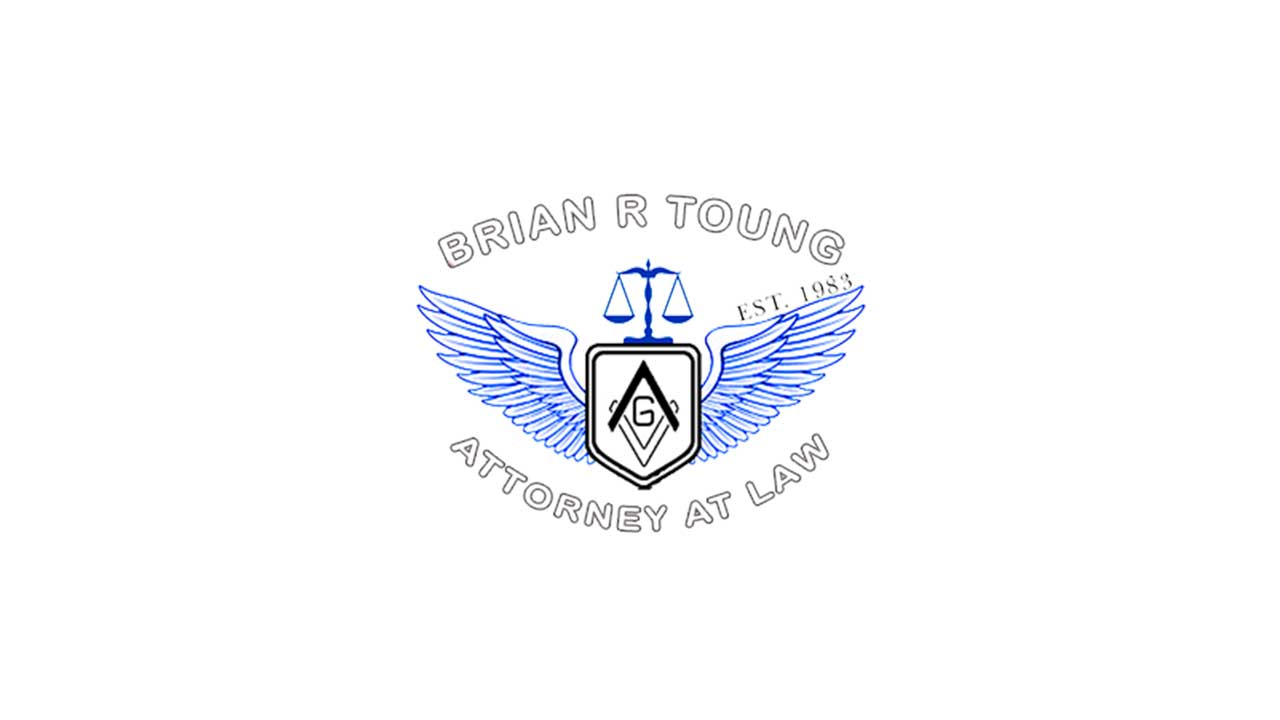Many jurors say that they look for the “smoking gun” to reach a verdict. For some that smoking gun is forensic evidence.
Unfortunately not all forensic evidence can be relied upon. Here’s how an innocent person’s mouth can be used to convict them in a trial even if they don’t say a word.
Bitemark took 28 years of innocent man’s life
In 1987 Steven Mark Chaney was sentenced to life after an expert witness claimed to have positively identified a bite mark left by Chaney on a homicide victim. Despite testimony from other witnesses that confirmed Chaney’s alibi a forensic dental scientist’s testimony was enough to sway jurors to issue a guilty verdict. 28 years after the jury’s verdict his conviction was overturned when a judge discredited the scientific methods that were used to identify the bite mark.
Chaney’s story is one of many whose convictions have been overturned due to an incorrect identification of a bite mark.
White House, scientists deem bite marks as unreliable
A 2016 report issued by the President’s Council of Advisors on Science and Technology (PCAST) conclusively denounced the scientific value of bite mark identification. Their findings found that the scientific methods behind bite mark analysis are “far from meeting such [scientific] standards” and that identification cannot be made with “reasonable accuracy.”
Countless acclaimed scientists have come forward following the release of the report. They argue that forensic scientists use the “eyeball” test to identify the source of bite marks in lieu of empirical testing. Many of them state that the results from bite mark analyses rely on scientific opinion rather than objective science.
DOJ supports bite marks as forensic evidence
In spite of the White House’s report the Department of Justice (DOJ) remains firm in their support of the scientific methods used to identify bite marks.
In 2016 the then Attorney General Loretta Lynch publicly denounced the council’s findings. She noted that the department “appreciates” the scientific inquiries but that the department would not adopt the council’s recommendations to reevaluate the science. The DOJ’s dismissal of the countless empirical studies is one of the few reasons that such evidence continues to be admissible in courtrooms.
Even so countless of innocent prisoners have been exonerated when such evidence has been challenged post-conviction. In the ongoing battle criminal defense attorneys have hope that bunk science will be put to rest once and for all in the years that follow.
If you have been wrongfully accused or convicted of a crime consulting with a seasoned criminal defense attorney may be able to help you in getting the justice you deserve.

